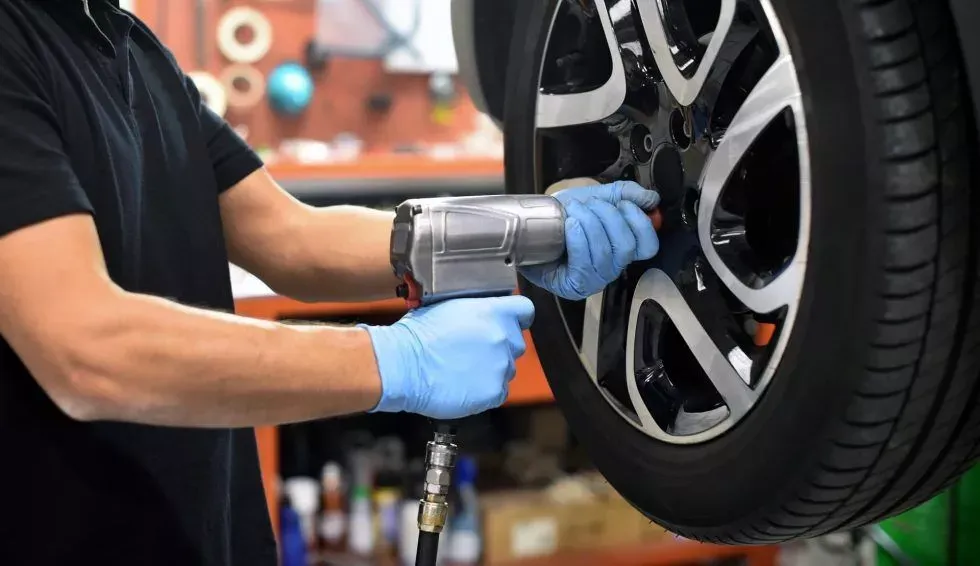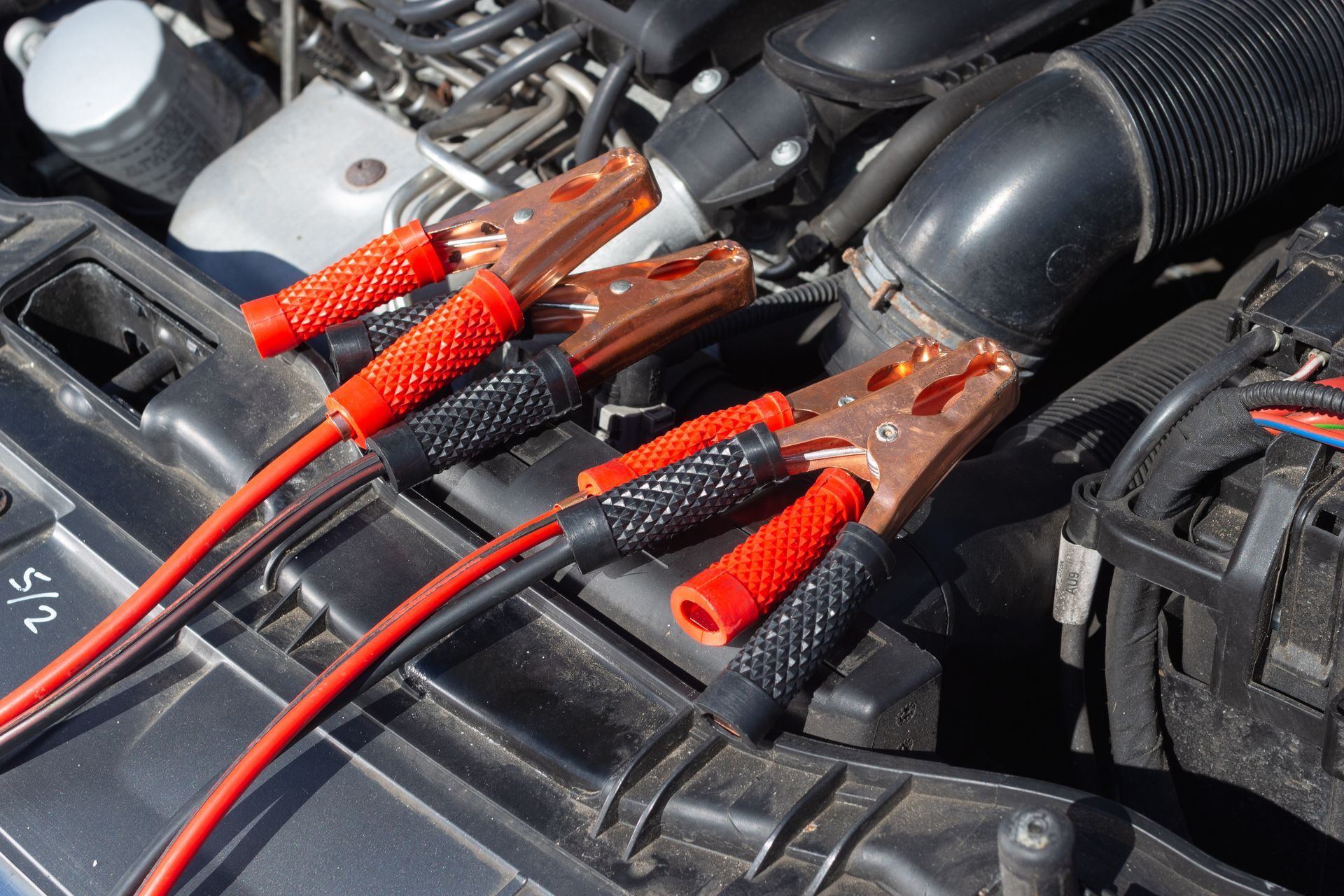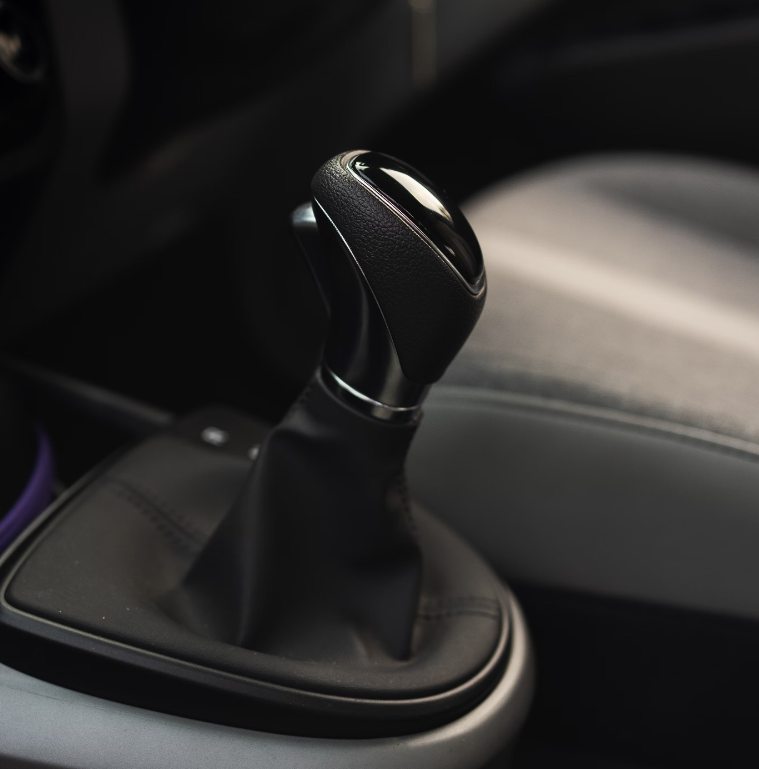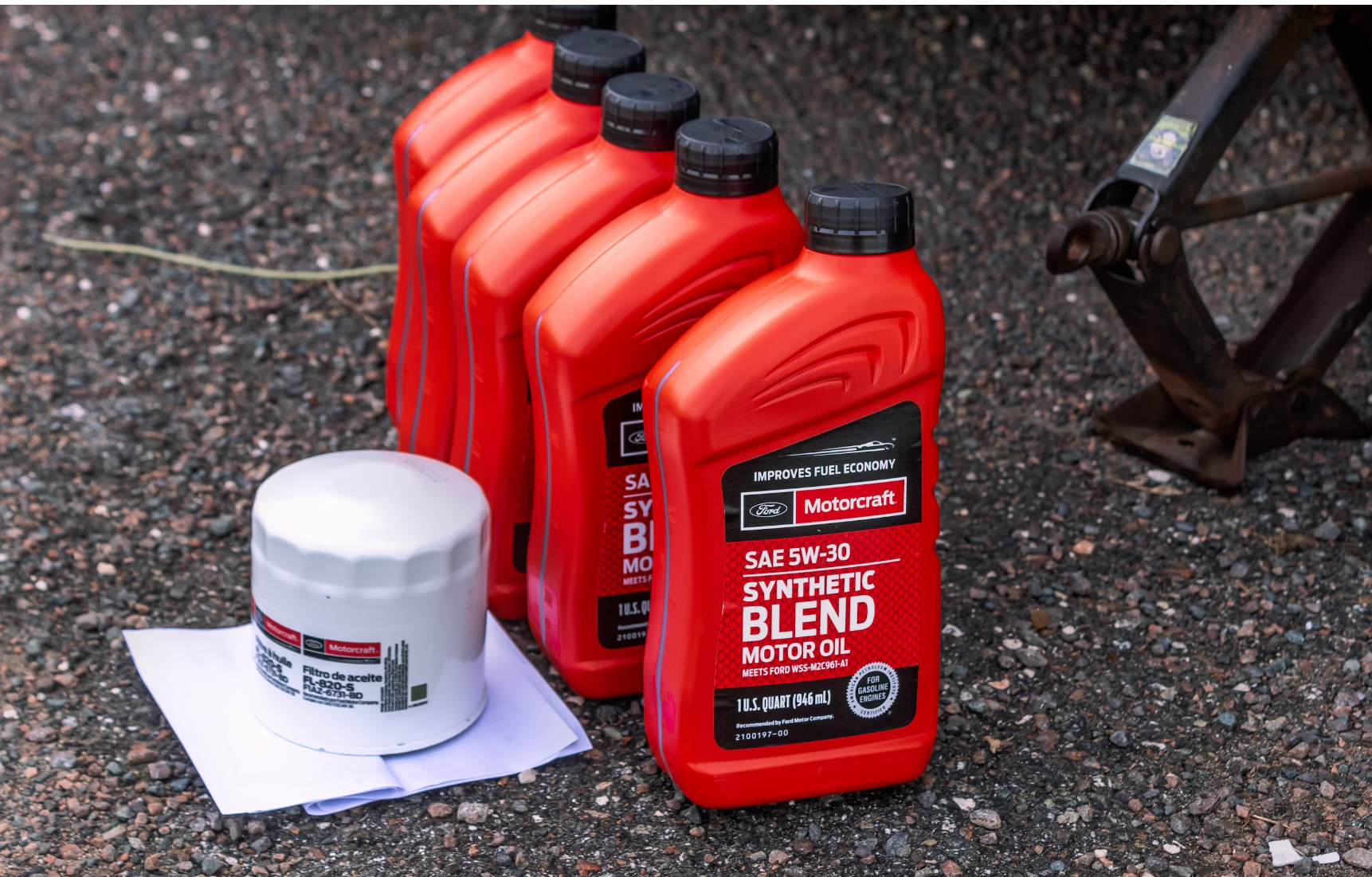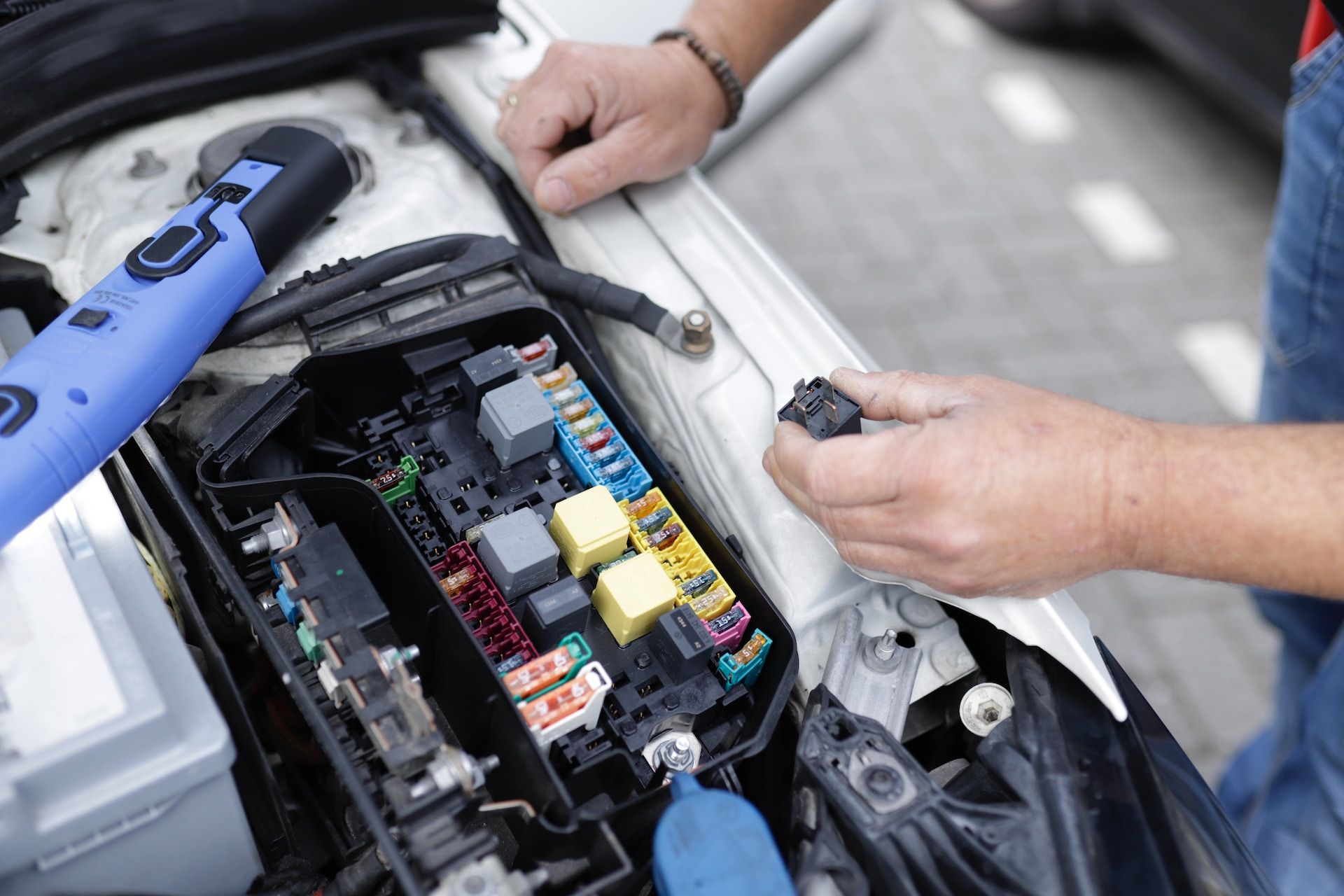By Mona BB
•
October 1, 2023
How Often Should I Replace My Fluids? A Guide by B&B Auto Repair in Bremerton, Washington Proper vehicle maintenance is paramount for longevity and performance, and a crucial aspect is the regular upkeep of your fluids. Various liquids, from engine oil to transmission fluid, are integral to your vehicle's smooth operation. In this blog post, we delve into the different fluid types in vehicles, elucidate the distinctions between fluid replacement, top-offs, and flushes, and provide guidance on the recommended frequencies for addressing these vital tasks. Understanding Vehicle Fluids Modern vehicles rely on various fluids to operate seamlessly and thwart premature wear. Engine oil is the lifeblood that lubricates internal components, minimizing friction and heat. Consistent oil changes are imperative to prevent engine damage and ensure peak performance. Transmission fluid enables seamless gear shifts and averts friction within the transmission system. Regular transmission fluid maintenance is indispensable to sidestep transmission issues. Coolant regulates engine temperature by dissipating excess heat and prevents freezing during colder periods. Regular checks and replacements are pivotal in preventing overheating and freezing. Brake fluid transmits force from the brake pedal to the brakes, ensuring adequate stopping power. Maintaining proper brake fluid levels is pivotal for safe driving. Power steering fluid facilitates effortless steering by reducing resistance on the steering wheel. Regular checks help thwart steering system problems. Together, all of these fluids help your vehicle run! Fluid Replacement, Top-Offs, and Flushes To ensure optimal vehicle performance, it's essential to comprehend the nuances of fluid replacement, top-offs, and flushes. Fluid replacement involves fully draining the old fluid from a system and replenishing it with fresh fluid. This is typically done according to the manufacturer's recommended intervals, ensuring the system operates with clean and efficient fluid. Top-offs entail adding a small quantity of fluid to a system to maintain appropriate levels. Regular fluid level checks and topping off as needed help to avert damage due to low levels and ensure that the system functions as intended. A flush is a comprehensive process where old fluid is completely purged from the system and replaced with new fluid. This eradicates accumulated contaminants and ensures improved performance. Flushing intervals vary based on fluid type and vehicle make, necessitating adherence to manufacturer guidelines. Determining Fluid Replacement Frequencies The frequency of fluid maintenance varies depending on factors like vehicle makes, model, usage, and driving conditions. The frequency of fluid maintenance varies depending on factors such as vehicle make, model, usage, and driving conditions. However, here are some general guidelines to consider: Engine Oil: Replace every 3,000 to 5,000 miles or as per your vehicle's manual. Transmission Fluid: Replace every 30,000 to 60,000 miles, but consult your manual for specific recommendations. Coolant/Antifreeze: Replace every 2 to 3 years or as your vehicle's manufacturer recommends. Brake Fluid: Replace every two years or as your vehicle's manual recommends. Power Steering Fluid: Replace every 50,000 miles or as your vehicle's manufacturer advises. Need Help With Your Fluids? See Us At B&B Auto Repair in Bremerton! Regular fluid maintenance is pivotal to sustaining your vehicle's seamless operation and efficiency. Fluid replacement, top-offs, and flushes each contribute uniquely to ensuring peak performance. By adhering to manufacturer guidelines and seeking counsel from auto repair professionals, such as B&B Auto Repair in Bremerton, Washington, you can nurture your vehicle's well-being and relish years of hassle-free driving. See us here at B&B Auto Repair , where we’re happy to help prepare you for life's surprises. Located at 299 S National Ave, Bremerton, WA 98312, we are open from 8 AM to 5 PM Monday through Friday. For the best service, call us to schedule an appointment. You can always depend on the B&B Auto Repair team for top-notch service and repairs.
